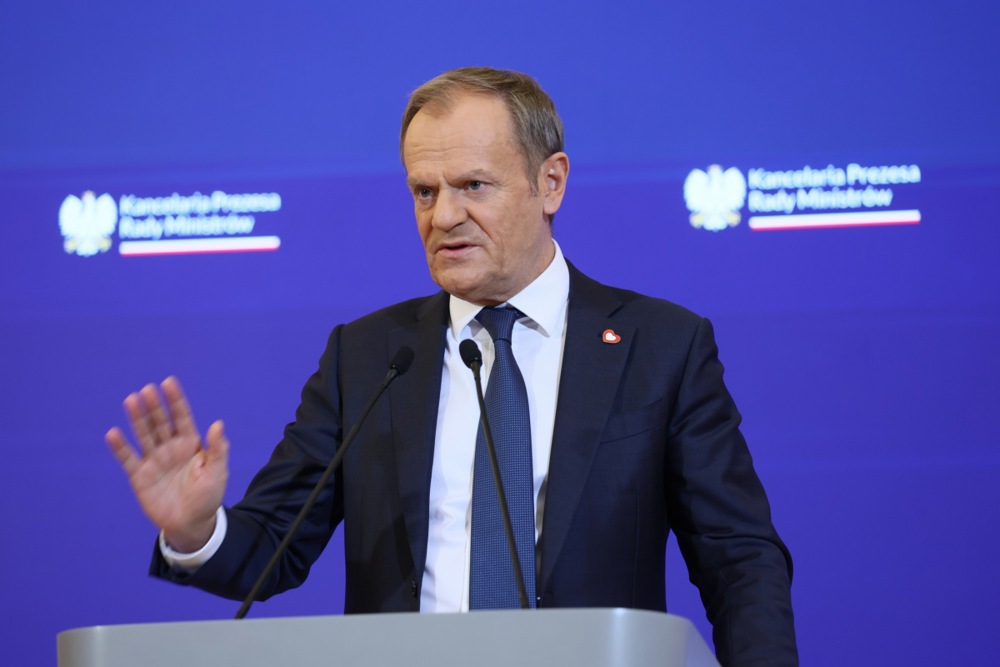Media companies from across Poland have united in protest against the country’s proposed implementation of the EU’s Digital Single Market directive.
More than 350 outlets held a joint protest against EU-backed changes to copyright law which they fear will favour tech giants such as Google and Facebook.
On July 4, print front pages and online homepages were covered with a protest message reading: “Politicians, don’t kill Polish media!”
Kilkaset redakcji mówi jednym głosem. Rusza ogólnopolski protest mediów.
Czytaj więcej: https://t.co/Qe8UbSiyi3 pic.twitter.com/uVvzJYgZBc
— Wirtualna Polska (@wirtualnapolska) July 4, 2024
The outlets argued that legislation currently going through the Polish Parliament implementing the EU directive would allow big tech platforms to “use our content free of charge and with impunity, and transfer the profits abroad”.
The protesters included major outlets such as Ringier Axel Springer and Agora, who fear the move will lead to the demise of many smaller media outlets and force others to hide their content behind a paywall.
The firms accuse tech giants of monopolising the lion’s share of advertising income by using journalistic content on their platforms while discouraging users from visiting the original outlet’s websites.
“To survive, we must have the support of a democratic State. The same one that we always defend with the same passion,” the media outlets declared in a joint statement, pointing to the fact most of them backed the Civic Coalition (KO) of Prime Minister Donald Tusk when it was in opposition.
“We expect the introduction of mediation instruments in the event of a dispute, fair compensation for the exposure of our content online, and protection against copying,” they said.
The publishers have called on Poland’s second chamber, the Senate, to adopt an amendment that was rejected by the Lower House, the Sejm, guaranteeing State mediation if a publisher and a big tech firm fail to agree on what the latter should pay for the former’s content.
The proposed amendment provides that if no agreement is reached within three months of a request to start negotiations, the parties can apply to Poland’s consumer protection authority, UOKiK, for mediation and that if no consensus is reached UOKiK would set the terms of compensation.
This has been supported by the opposition Conservatives (PiS) and the Left Party but was blocked in the Lower House by the two largest groups in the ruling coalition, Tusk’s KO and Third Way, as well as the right-wing Confederation party.
The culture ministry, responsible for the legislation in government, has cast doubt on the publishers’ objections.
It told the Polish Press Agency (PAP) that the bill actually gave the media rights to royalties from online use of their work and that this would also benefit filmmakers, musicians and actors — groups that did not demand government mediation.





